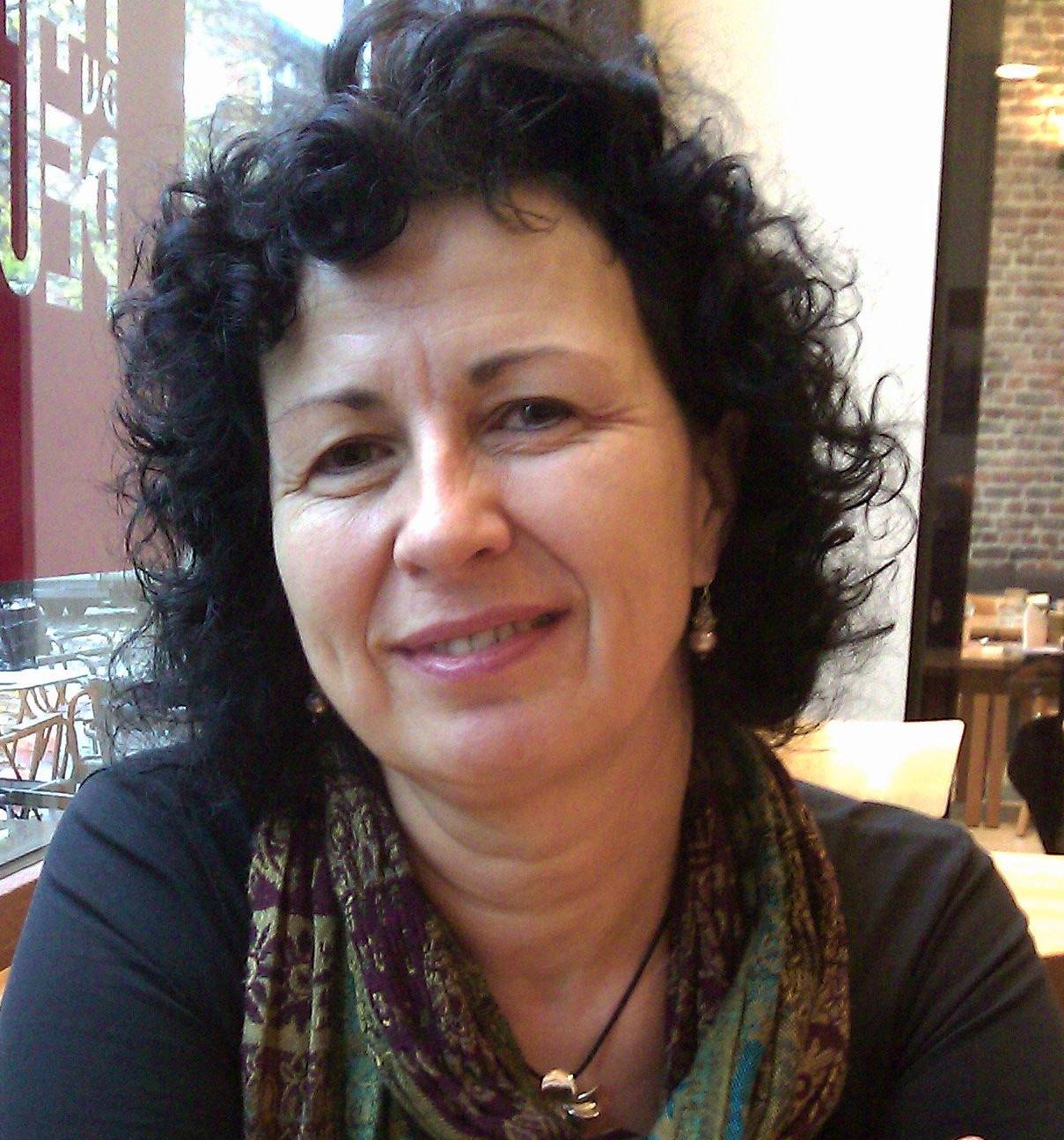‘Radboud University is behind on gender-inclusive language’
-
 Beeld: Pixabay
Beeld: Pixabay
Radboud University should make more effort to use gender-inclusive language, say both PhD student Lena Richter and Diversity Officer Jeannette Heldens. ‘Women are no longer absent in academia, therefore the language should adapt to this change too.’
When Lena Richter, a PhD researcher in the field of the Anthropology of Islam at Radboud University, started working at Radboud University, it caught her attention that the university was not consistently and systematically applying gender-inclusive language, for instance, in the description of job titles.
‘Every scholar at Radboud gets a personalized page, where their academic position is indicated. However, it is always written in a male (considered generic) form: promovendus instead of promovenda, docent instead docente, directeur instead directrice,’ says Richter. Thus, on her profile page, ‘promovendus’ was automatically assigned as a job title. Lena addressed this issue to the person responsible for administration of the personalized pages, asking for her title to be changed to promovenda instead of promovendus. After many emails, her job title was adjusted.
This issue is a structural one and the changes regarding this are very slow, and as Richter’s experience shows these issues are often addressed individually rather than structurally, says Jeannette Heldens, Policy officer at Diversity, Equity and Inclusion of Radboud University. She received at least four more emails addressing similar issues, such as pronouns.
Biases
Whether the male or female form of a job title is used makes a lot of difference, explains Heldens. Many studies show that most people still automatically think of men, when the generic form is being used, often unknowingly. This shows that language enforces biases. The gendered language might not only carry out stereotypes but can also bias people’s perception of the position and their suitability for it.
‘Universities are constructed around a male-dominated culture’
‘Universities are constructed around a male-dominated culture, therefore it is important to not forget that language matters and that the categories we use are constructed and loaded’, says Lena Richter.
Bigger changes needed
Heldens: ‘The question of the usage of the gender-inclusive language at Radboud University is not a new topic. However, it needs more attention. We should be aware of biases at the university. I think that when we create job descriptions we should do it in a gender-neutral form or in both forms. The human resources department is trying to use as much neutral language as possible, but bigger structural changes are needed.’
‘We should be aware of biases at the university’
For example, Heldens also sees that there are disagreements, concerning these issues, among different faculties. ‘I think we need to have more discussions at our university on these topics and we need more research, training and changes in policies.’ She says that the Diversity, Equity and Inclusion office aims to create a platform where people could learn about gender-neutral language and then, hopefully, share their knowledge among their peers too. ‘Though it is a lot of work for the whole university, there should be an office of inclusion at each faculty, not one office for the whole university.’
Male form
Richter says that ‘perhaps it caught my attention because my native language is German, which uses more gender-inclusive categories, but to me, it seems problematic to not have a structural option, where people could choose a pronoun that makes them feel the most comfortable. I think that universities should facilitate these options. It is not about forcing people to state their gender, it is about giving everyone the opportunity to choose the form they feel most comfortable with.’
‘Some women feel comfortable using the male form, but some feel excluded or overlooked when the generic form is being used’, says Richter.





